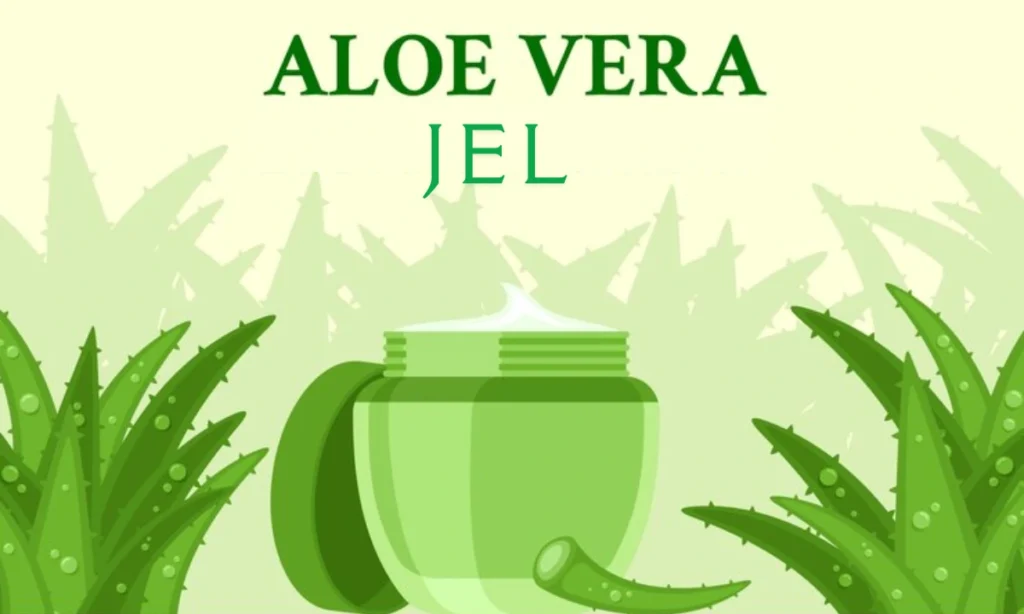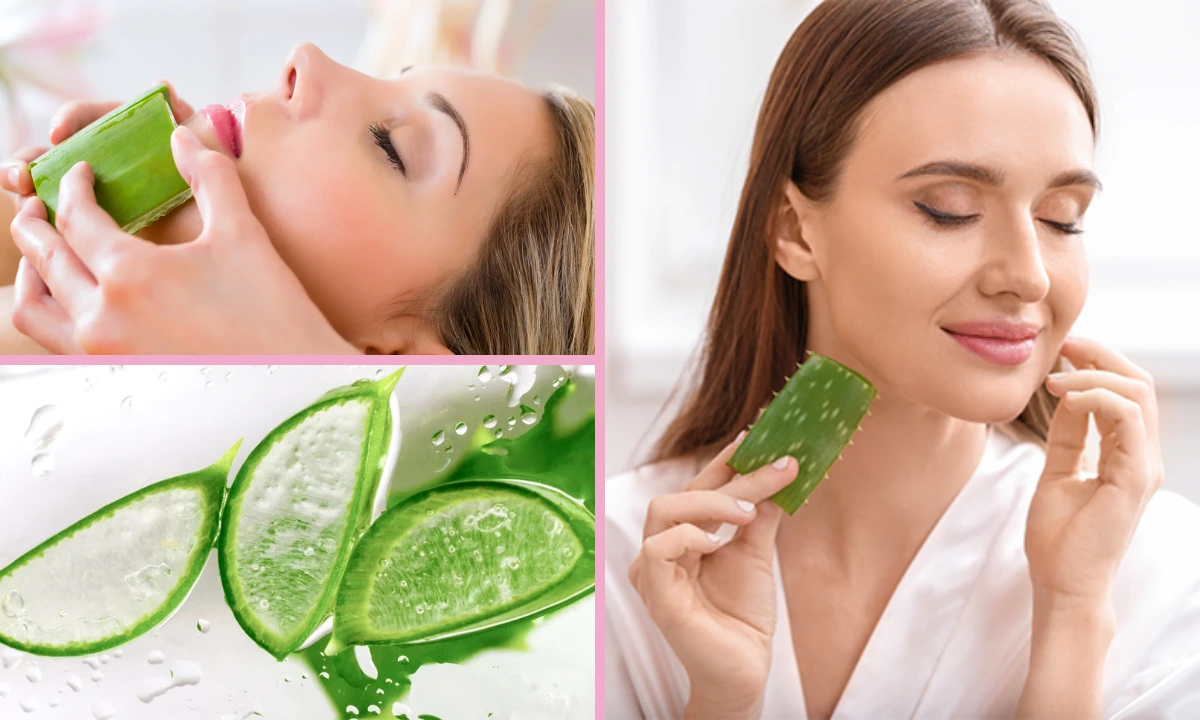Is rubbing aloe on your face good? 6 benefits of using aloe for skincare, including hydration, soothing irritation, and promoting healthy skin.
Introduction:
This plant popularly called the “gel plant” has been used for ages and is very effective, especially for the skin. It is a gel-like formula that contains vitamins, minerals, and antioxidants. That is why the formula is especially suitable for applying on the skin. Nevertheless, if applying aloe vera to your face is useful in many ways, you need to have an idea of the benefits and drawbacks of the process.
Is Rubbing Aloe on Your Face Good? 6 Benefits
Moisturization:

Aloe vera gel is also useful in that it is a good emollient that deep moisturizes the skin but does not leave the skin oily. It can reach the skin readily to hydrate the affected areas and cannot cause the skin to become greasy or oily.
Healing Properties:
Aloe vera is well known for the property of healing cuts and wounds. It also includes glucomannan and gibberellin components that tone the skin collagen and regenerate the skin cells making it efficient for the treatment of minor injuries such as cuts, burns, and other skin inflammations.
Anti-Inflammatory Effects:
As it has anti-inflammatory effects, aloe vera can effectively decrease inflammation in acne and psoriasis and skin redness. That makes it a great choice for very sensitive skin or skin that is inflamed in any way.
Antibacterial Properties:
Aloe vera gel contains ingredients that can kill bacteria that can cause acne. Occasional use could help in the reduction of occurrences of the condition and the skin’s general clarity.
Reduction of Hyperpigmentation:
Aloe vera is very helpful in lightening dark spots and hyperpigmentation because it has a skin-lightening effect associated with its cell regeneration function. This can lead to achieving an equally toned skin as the norm within some time.
Anti-Aging Benefits:
Vitamin C and E helps in the formation of wrinkles by repairing damaged collagen which is present in aloe vera plants.
How Aloe Vera Is Applied on the Face?
There are various ways to use aloe vera to get its benefits:

Applying Directly: Pick an aloe vera plant and cut off a section of it to remove the gel. Apply a light massage to your face, focusing on any dry or damaged areas.
Face Masks: Add other ingredients like honey for its moisturizing effect, turmeric for the added anti-inflammatory properties of aloe vera gel, and cucumber to give the face mask some cooling effect.
Moisturizer: Apply aloe vera gel after washing your face since it is a light moisturizer.
Possible risks and adverse effects
Although aloe vera is generally seen to be safe to apply topically, there are a few potential side effects to be aware of:
A skin irritation: Some people may get skin rashes or irritation when they apply aloe vera gel to their faces. Possible symptoms include redness, discomfort, or even a burning feeling. People should use it extensively after the patch test, which examines a small area of the skin.
Drying Effect: Some people experience dryness on their face when they leave aloe vera gel on their face for much longer. If the hair scalp becomes overly dry, wash the gel off a few minutes after applying it, not at night.
Sensitivity to Sunlight: Some users may find that taking Aloe vera makes their skin more sensitive to sunshine. It can become easily sunburned or irritated if exposed to ultraviolet light. However, as with most natural treatments, it is recommended to use sunscreen whenever applying aloe vera during the day.
- How to Cancel My Planet Fitness Membership in 2025
- How many calories should I eat to lose weight?
- How many mental health professionals are in the US?
- Skin Care During Winter: 7 Essential Tips to Keep Your Skin Healthy
- How did Elon Musk lose weight so fast? 5 Secrets – You Won’t Believe What He Did!
- How Does Weight Loss Affect Your Face? 6 Unexpected Effects
- Does Baking Soda Kill Dandruff? 5 Proven Methods Explained
- Which Yoga Is Best for Beginners? 6 Easy Poses to Start With
- Are Exercise Bikes Bad for Your Knees? Experts Reveal 3 Insights
- Are Workout Apps Worth It? 5 Unexpected Benefits Revealed
Contamination Risks: If it is applied directly from the aloe plant, it is recommended that the leaves be washed in clean water to avoid the introduction of bacteria. Surgical wounds may get infected or one may experience an allergic reaction if not well-handled.
Conclusion
When applied directly to the face, aloe vera has properties that provide nourishment to the skin, have healing properties for small cuts and bruises, minimize inflammation, and fight acne. Although, it should be used with relative precaution in a way because it can lead to irritation or dryness of the skin.
Anyone who wishes to include aloe vera in his or her beauty regime should start with small quantities and assess the skin’s reaction. Self-diagnosis is not effective as everyone has different skin types and problems, a dermatologist can offer individual advice. On balance, aloe vera is a useful product for your skincare, that will help make your skin look better if used correctly.

